Wiper leader Kalonzo Musyoka has delivered a pointed and defiant response to President William Ruto’s recent rebuke of the opposition’s slogan-driven strategy. Rejecting Ruto’s dismissal of their “Ruto Must Go” chant as empty rhetoric, Kalonzo asserted that he is in the final stages of crafting a comprehensive plan—and it’s destined for Kenyan citizens, not the head of state.
President Ruto ignited controversy this week by accusing opposition leaders of lacking clarity and substance. Speaking at the Nairobi Securities Exchange bell-ringing ceremony, he warned that simply seeking his removal without presenting a viable alternative amounted to “wash‑wash conniving”—a veiled charge of fraud—mocking their protest power without policy depth.
But Kalonzo was quick to retort. From abroad, he emphasized that his political blueprint is real and under rigorous development, intended for the electorate to appraise in due time. Affirming that his primary goal remains the peaceful exit of Ruto from power in 2027, he insisted the public—not the president—will determine the worth of his ideas.
The leader’s rebuke marks a decisive shift in opposition tactics. Rather than reacting to Ruto’s provocations, Kalonzo is challenging the president to rethink his combative posture. The message: this race is no longer about slogans—it’s now about substance, strategy, and vision.
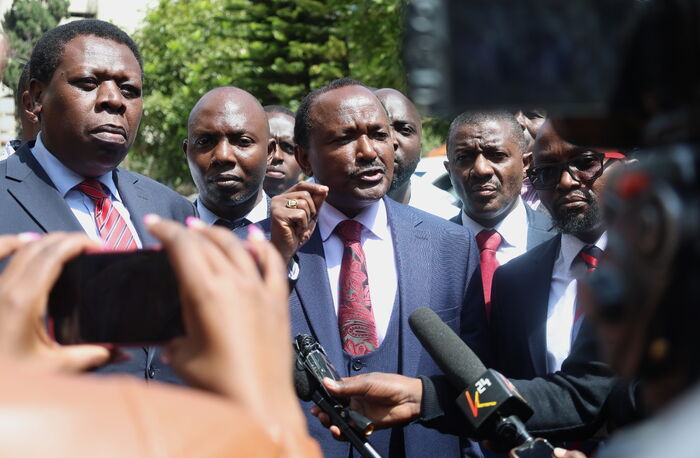
With voters increasingly asking “What’s after Ruto?”, a growing segment of opposition leadership—including figures like Rigathi Gachagua, Martha Karua, Fred Matiang’i, and former Chief Justice David Maraga—is reportedly working to present coherent policy positions.
Ruto’s dismissal of the opposition as “tribalist, disorganised, and without a plan,” made during a high-profile church event in Kakamega, may have undermined unity efforts among rival groups. His challenge—to lay out alternatives on jobs, education, healthcare, and the economy—forced the opposition into a more demanding phase.
Kalonzo’s declaration signals the next phase of Kenya’s political theater: from protest to proposals. With both sides scrambling for credibility, the next few months will reveal if Kenyan politics can move beyond slogans—and if the opposition can transform discontent into coherent governance solutions.




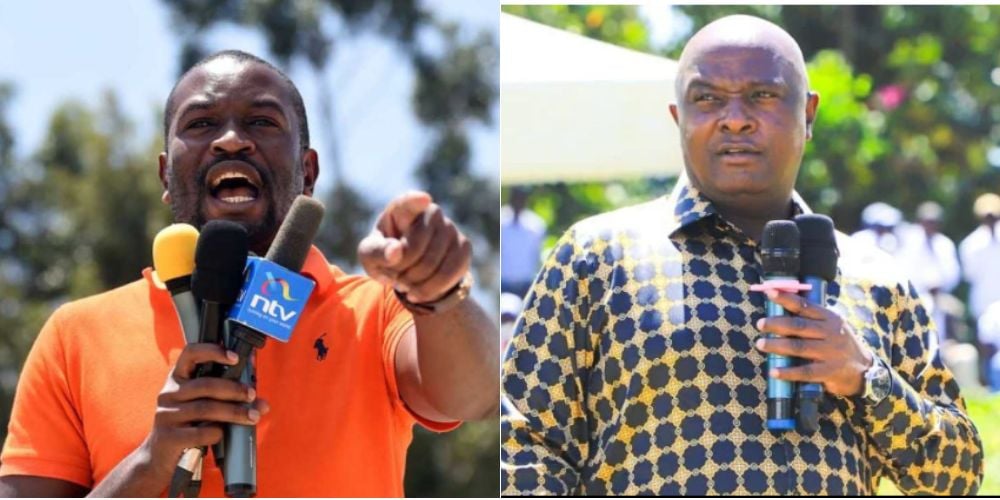
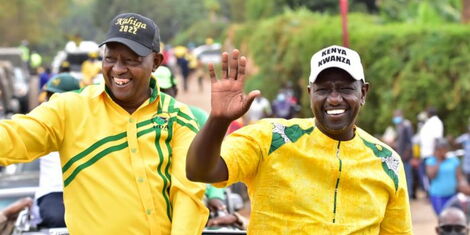

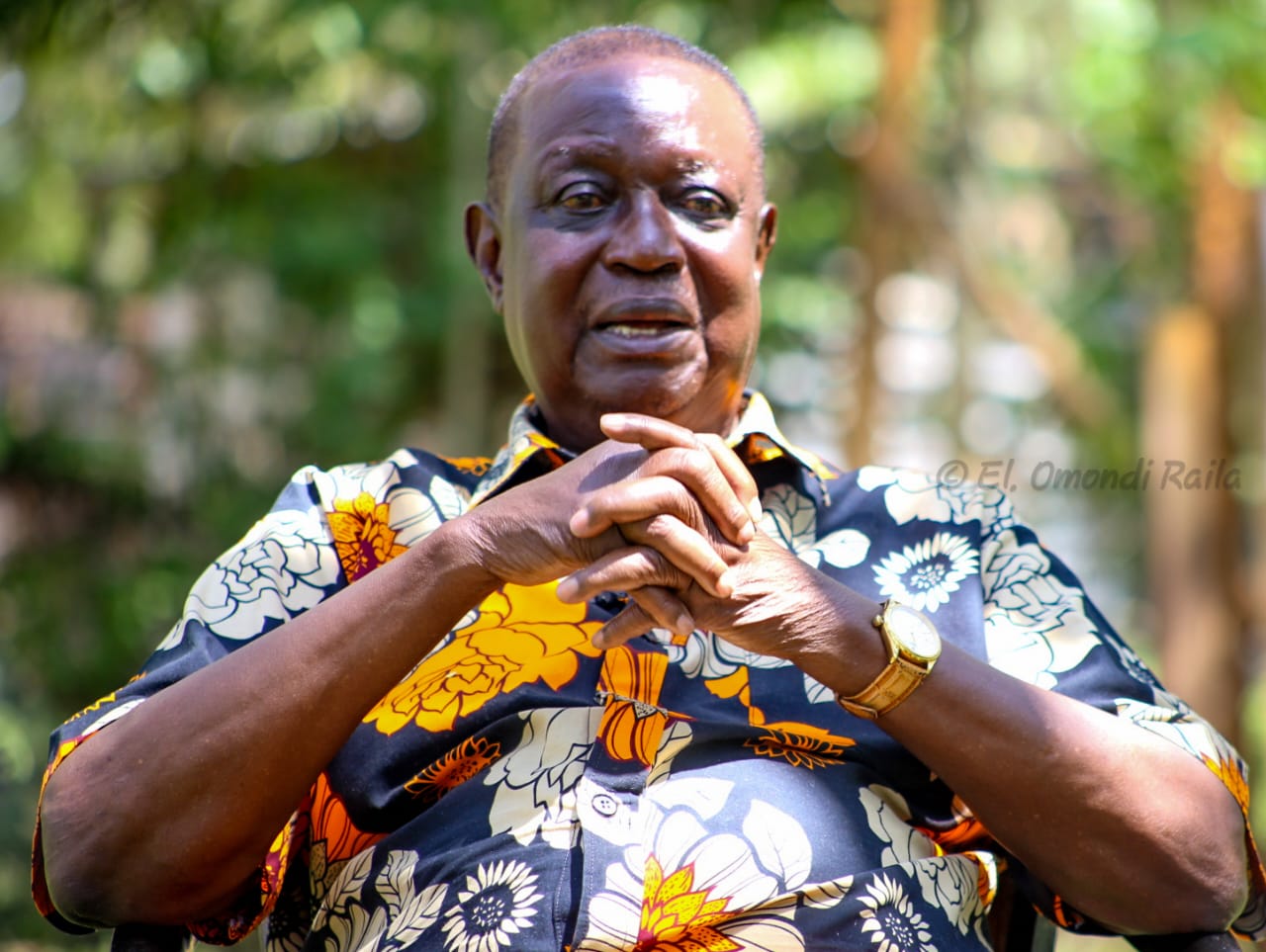


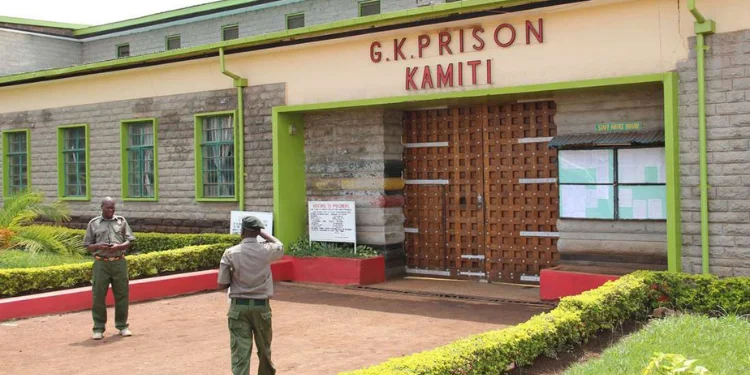

Leave a Reply